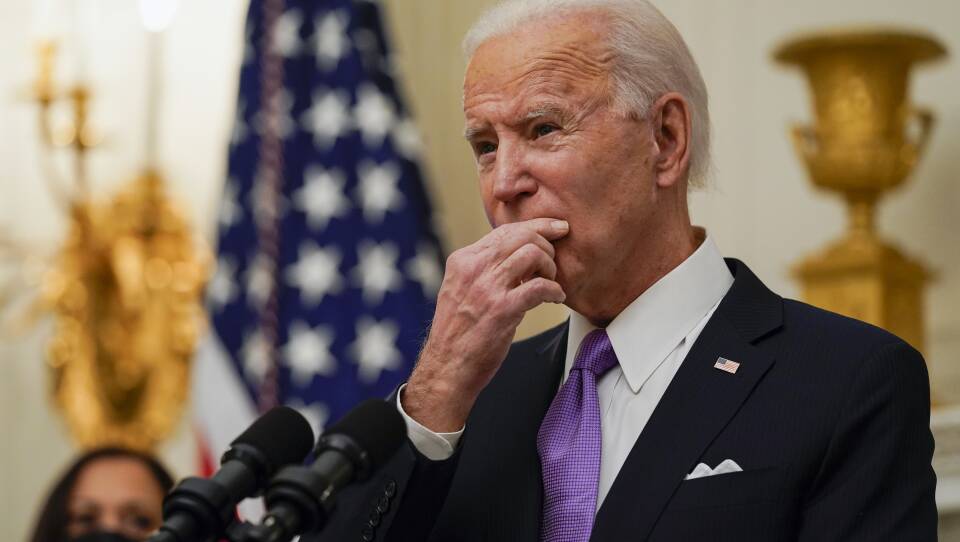The most expensive provision in President Joe Biden's $1.9 trillion economic recovery plan comes in the form of expanded direct payment checks of $1,400 to most Americans. Democrats in Congress and some Republicans had previously signaled support for a direct cash infusion; Biden's proposal would be funded entirely by debt.
Robert Kuttner, co-founder and co-editor of American Prospect, told Boston Public Radio on Friday the proposal also doesn't pose much of an economic problem because interest ratesare projected to remain so low for so long that massive new debt doesn't pose a threat.
"With interest rates so incredibly low and inflation below the [Federal Reserve's] own target, no one's seriously worried about the higher debt levels creating any kind of economic problem for the foreseeable future," said Kuttner. "Good riddance to the deficit hawks."
Kuttner said experts both in the Biden administration and outside of it — including his pick for Treasury Secretary Janet Yellen, who formerly served as chair of the Federal Reserve, and the current Fed chair Jay Powell, appointed by Trump — say "damn the torpedos, borrow as much money as you need and worry about debt later."
Critics of the $1,400 checks say it isn't targeted enough, and would put cash in the hands of people who haven't been drastically financially affected over the past few months.
It remains unclear exactly how Congress will react to Biden's proposal. Republicans are selective about when to be "deficit hawks," generally voting against deficits when they result in spending, but actually favoring deficits when they result in tax cuts, said Kuttner.
The question for congressional Democrats now, according to Kuttner, is how to bring the Biden proposals to the floor.
"Do you put forward a so-called skinny bill which includes the $1,400 top up relief to $2,000 which is very popular, plus the vaccine, and put it on the House and Senate floor for an open vote and allow Republicans to share in the credit," he said, "Or do you hold out for the whole $1.9 (trillion) and force Republicans to take an awkward vote."





